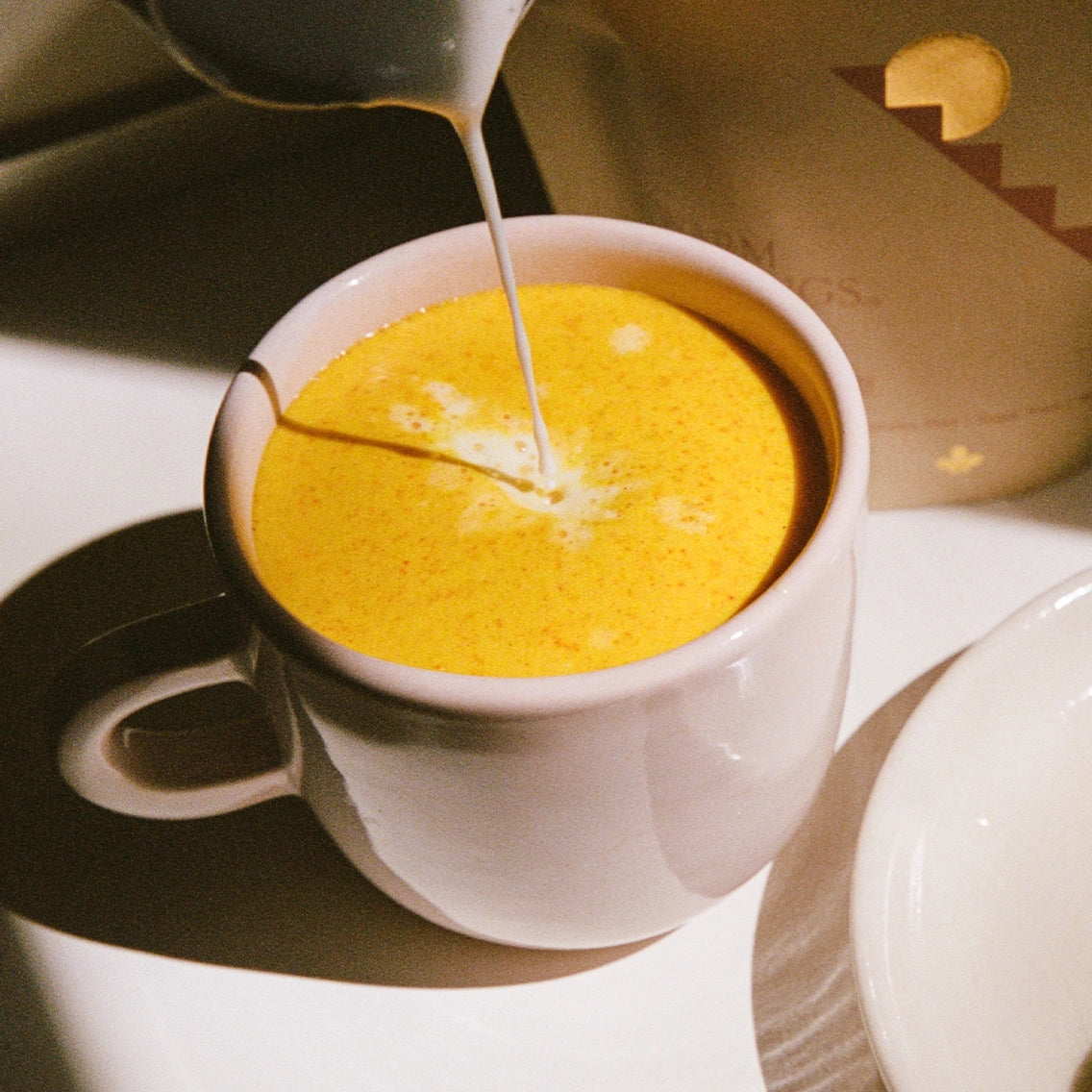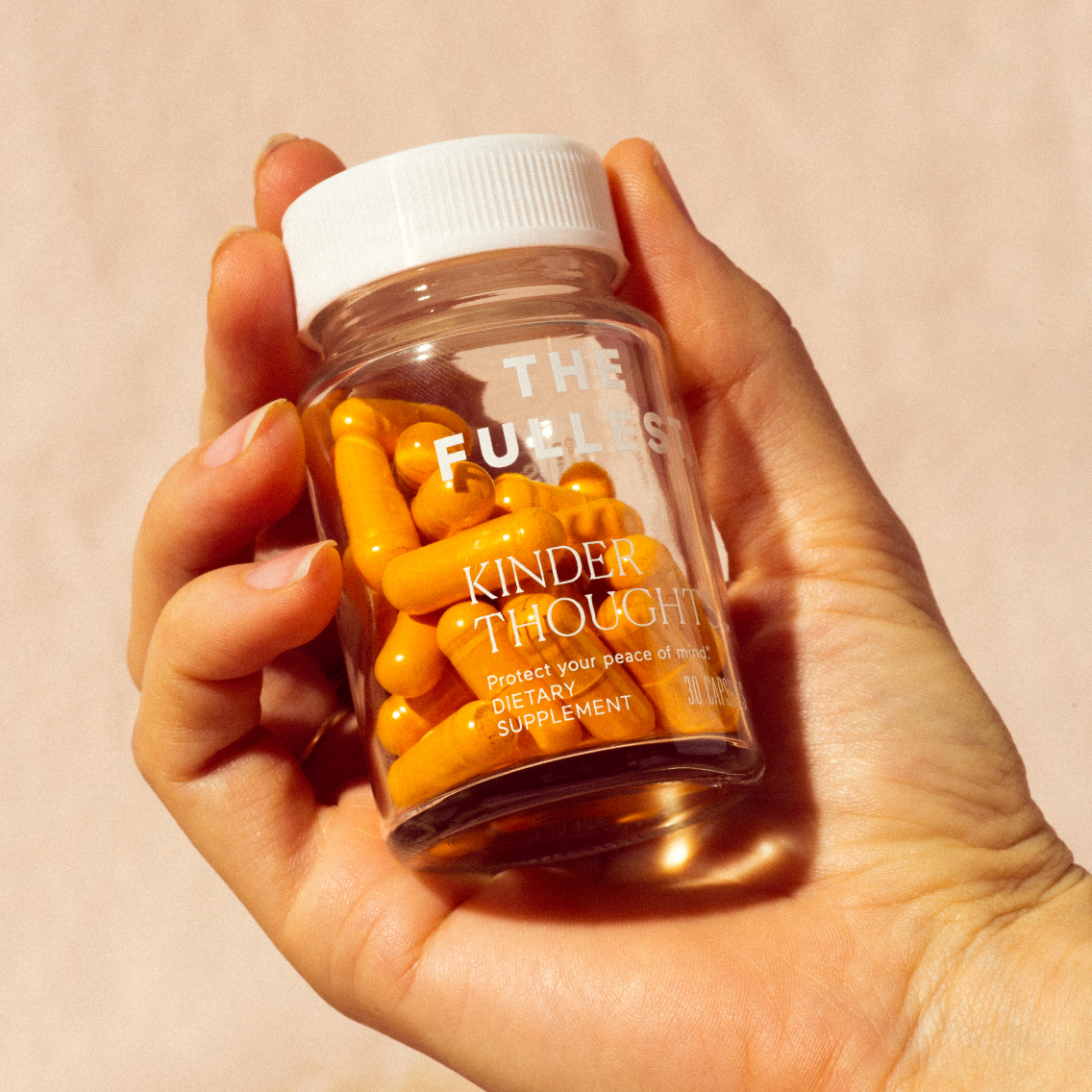Saffron has always been one of my favorite top-shelf food therapy spices.
In medical school I had a professor who told me her Persian mother used saffron for “mood spells” and “germs that could affect the mind.” I had just begun to study the neuroscience of depression and immunity, and because the two are interwoven pathomechanistcally, I began reviewing the scientific literature on this relationship. Turns out, the “germs” that could infect the mind was my professor’s mother’s way of talking about preventing Alzheimer’s, and the “mood spells” described her experience with seasonal depression.
According to the 2017 National Survey on Drug Use and Health, 7.1% of adults reported experiencing a major depressive or seasonal depressive episode in the previous year (this equals 17.3 million adults in the US with a median reported age of 32). The conventional remedy has become pharmaceutical antidepressant medications that come with lasting, unwanted side effects such as neurohormonal imbalance, metabolic fluctuations, insomnia, suicidal tendencies, weight gain, amongst others.
To understand how saffron exerts its beneficial effects, it’s important to understand what lies beneath “depression.” Depression is a personal and complex experience that encompasses core epigenetic lifestyle variables such as relationship wellness, nutritional status, genetic mutations, and neurotransmitter health.
Neurotransmitter imbalances are rarely intrinsic — meaning it’s unfair to blame the cause of depression first and foremost on disordered brain chemicals, as neurotransmitters don’t simply become imbalanced on their own. If someone experiences nutritional deficiencies (such as magnesium and choline, for example), certain neurotransmitters responsible for regulating mood will become deficient.
Additionally, genetic polymorphisms responsible for nutrient absorption and methylation pathway mutations can influence how the nutrients responsible for building neurotransmitters are utilized by the body. The theory is that an antidepressant pharmaceutical works by helping neurotransmitter re-uptake, yet if a deficiency or pathway issue is underlying the experience of a person’s depression, antidepressants will often prove ineffective.
A 2018 study published in The Journal of Complementary Medicine revealed the many neuroprotective properties derived from saffron’s carotenoids, monoterpenes, and polyphenol compounds, showing that these compounds assist in reducing cytokines responsible for increased inflammation, while simultaneously improving neurotransmitter deficiencies associated with depression.
While there are many plant-based medicinal substances that help fight depression, saffron is a reliable, safe, short and long term solution to not only fighting depression you may be experiencingnow, but also to prevent depression while fortifying immunity down to your DNA.
Where many antidepressants can create nutritional deficiencies and starve the body of antioxidants, saffron helps correct these deficiencies and regulates glutathione production, the body’s master antioxidant.
When it’s time to consider going off of antidepressants, most clients speak the same sentence,“I want to get off my meds… but I’m scared.” Going off meds that were prescribed by traditional psychiatrists and conventional providers is not generally accompanied by personalized lifestyle, dietary, and nutraceutical advice. Saffron, however, can address depression at the underlying cause and pose benefits for those experiencing depressive mood fluctuations with dementia and Alzheimer’s.
Mood fluctuations are tracked as subjective patterns with Alzheimer’s patients, not with a pharmaceutical approach and functional lab data. Moreover, antidepressants have not gone through rigorous clinical investigation specifically related to mood fluctuations experienced by those with Alzheimer’s — so, avoiding them altogether is likely your loved ones best bet.
Have you used saffron to treat depression or mood fluctuations? What was your experience? For free shipping and 10% off your Saffron Latte order use code: feelgood.
Please consult your integrative health specialist before discontinuing any prescribed medication.
Christine Dionese is an integrative, epigenetic health and food therapy specialist, as well as a wellness, lifestyle, and food writer. She has dedicated her career to helping others understand the science of happiness and its powerful effects on everyday human health by harnessing the power of the epigenetic landscape.





Leave a comment (all fields required)